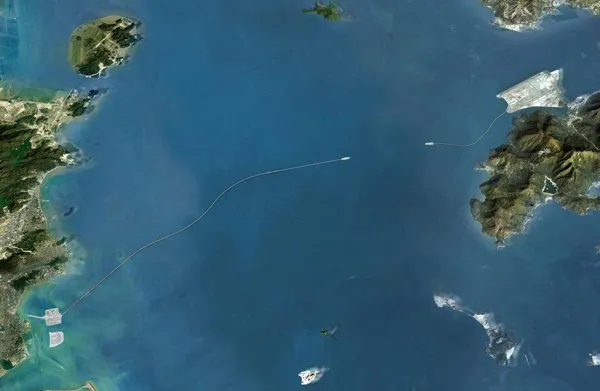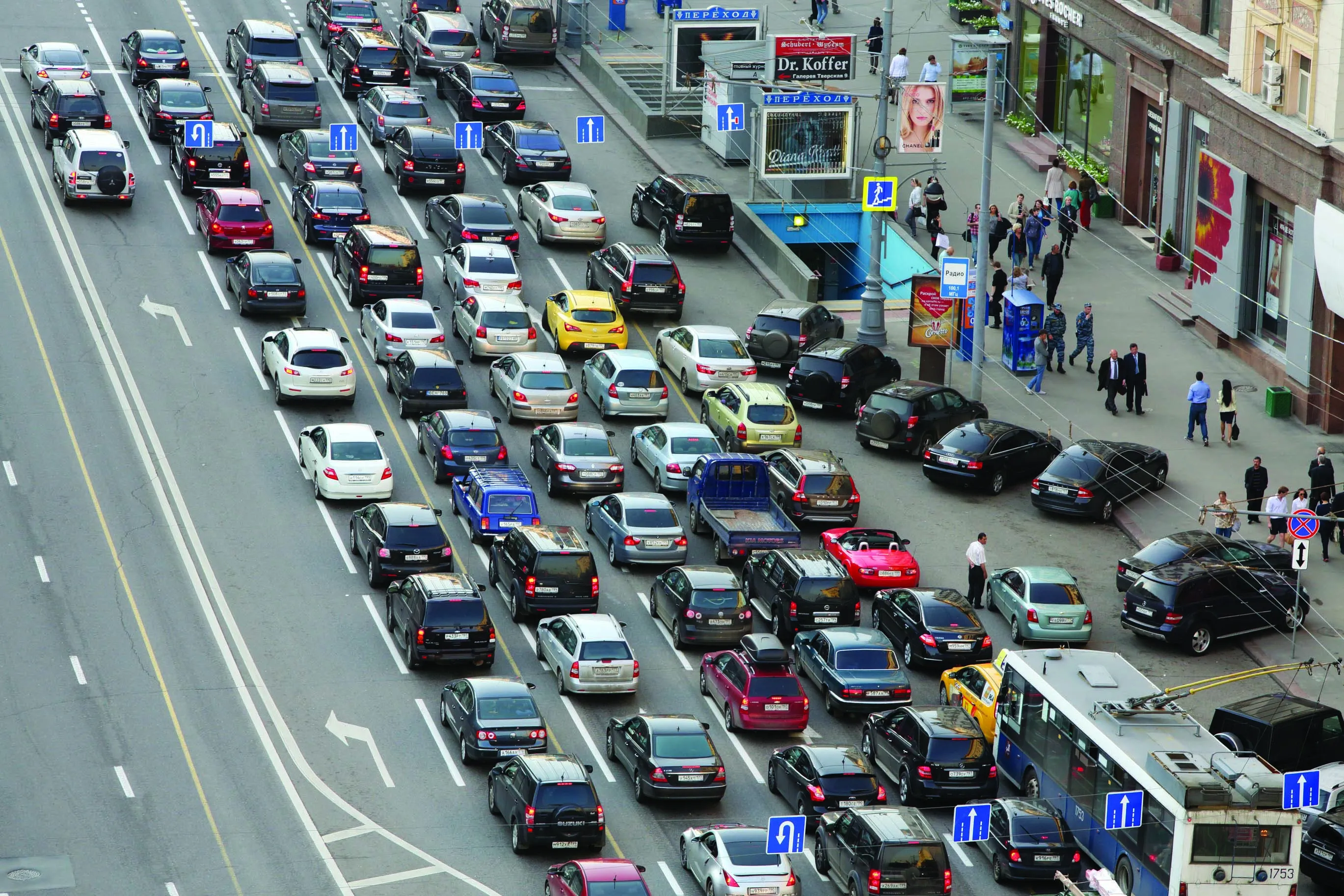The European Federation of construction contractors (FIEC) is pressing Europe’s members of parliament to vote for infrastructure investment. The European Parliament is to decide on the Multi-annual Financial Framework, which forms part of the EU’s Multi-Annual Financial Framework and the FIEC is insisting that infrastructure investment will provide much-needed jobs and help kick-start economic activity. FIEC president Thomas Schleicher said, “Clearly, the realisation of infrastructure projects, saving energ
March 14, 2013
Read time: 2 mins
The European Federation of construction contractors (FIEC) is pressing Europe’s members of parliament to vote for infrastructure investment. The European Parliament is to decide on the Multi-annual Financial Framework, which forms part of the 3287 EU’s Multi-Annual Financial Framework and the FIEC is insisting that infrastructure investment will provide much-needed jobs and help kick-start economic activity. FIEC president Thomas Schleicher said, “Clearly, the realisation of infrastructure projects, saving energy in buildings and the training of young people offer strong leverage for growth and jobs but they require adequate funding from the EU.”
Regarding the financing of infrastructure, Schleicher recalled that “…it is estimated that about €200 billion is needed to complete the trans-European energy networks, €540 billion needs to be invested in the trans-European transport network, and over €250 billion in ICT over the 2014-2020 period.”
“For that reason, the €40 billion initially proposed by the2465 European Commission in the framework of the Connecting Europe Facility, and supported by the European Parliament, is really the strict minimum in order to make a difference” said Schleicher.
But the FIEC points out that infrastructure has been the adjustment variable to bring down the overall budget with the Connecting Europe Facility being cut by over half, to €19.9 billion.
According to the agreement reached by the Member States, transport infrastructure will now only be allocated €13.1 billion. This is much less than the €21.7 billion initially put forward by the European Commission and clearly insufficient to eliminate the bottlenecks and complete the missing links in the EU – even with the additional €10 billion ring-fenced from the Cohesion Fund. Schleicher pointed out that this will be a false economy and added, “Otherwise, the infrastructure we badly need will not happen in the next 20 years!...”
Regarding the financing of infrastructure, Schleicher recalled that “…it is estimated that about €200 billion is needed to complete the trans-European energy networks, €540 billion needs to be invested in the trans-European transport network, and over €250 billion in ICT over the 2014-2020 period.”
“For that reason, the €40 billion initially proposed by the
But the FIEC points out that infrastructure has been the adjustment variable to bring down the overall budget with the Connecting Europe Facility being cut by over half, to €19.9 billion.
According to the agreement reached by the Member States, transport infrastructure will now only be allocated €13.1 billion. This is much less than the €21.7 billion initially put forward by the European Commission and clearly insufficient to eliminate the bottlenecks and complete the missing links in the EU – even with the additional €10 billion ring-fenced from the Cohesion Fund. Schleicher pointed out that this will be a false economy and added, “Otherwise, the infrastructure we badly need will not happen in the next 20 years!...”







